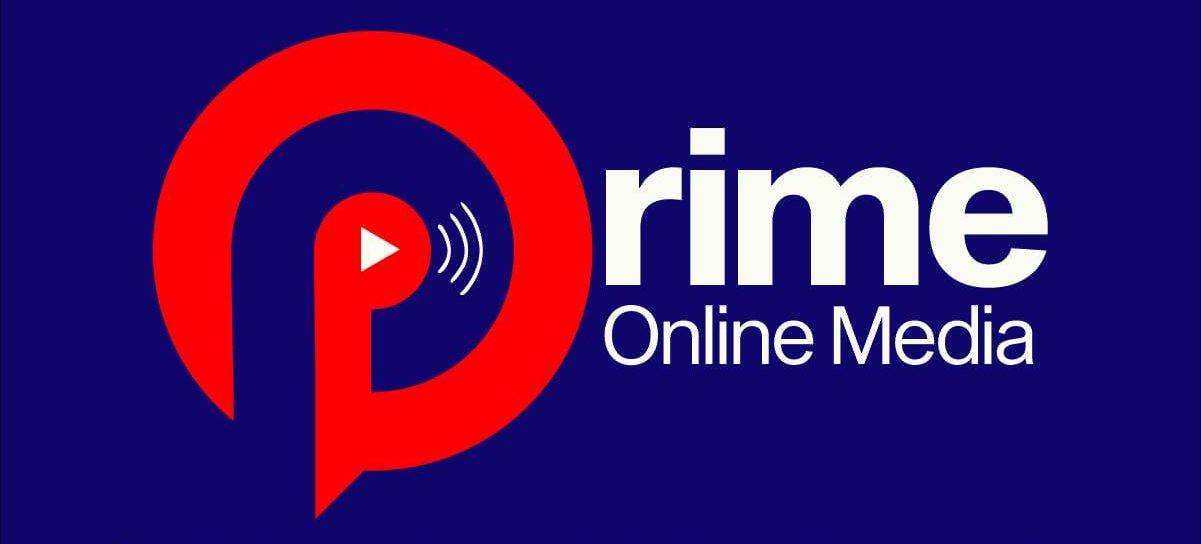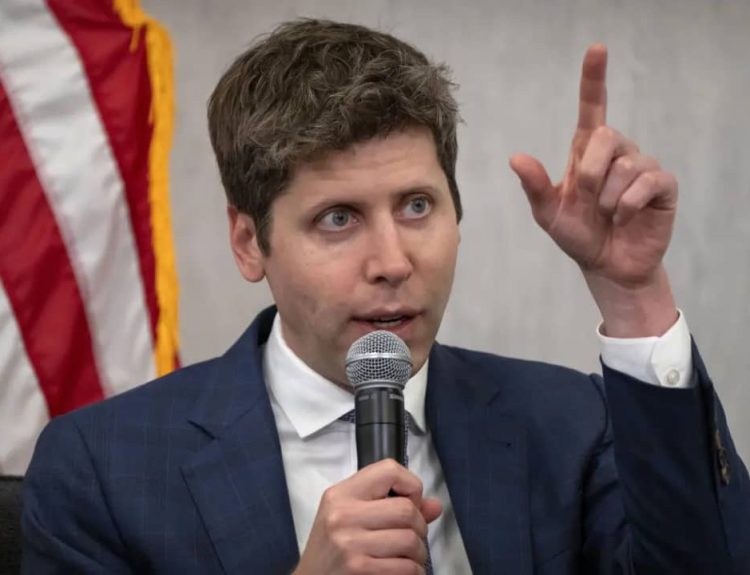Meta, the parent company of Facebook, is now at the center of a high-profile antitrust trial initiated by the U.S. Federal Trade Commission (FTC). The case, filed back in December 2020, has finally reached a courtroom in Washington D.C., marking a significant legal confrontation over whether Meta has maintained a monopoly in the personal social networking market through anti-competitive acquisitions.
The FTC is arguing that Meta’s takeovers of Instagram in 2012 and WhatsApp in 2014 were strategic moves to neutralize competition and dominate the personal social networking market. If successful, one of the outcomes could be the forced divestiture of both Instagram and WhatsApp from Meta—a move that would drastically reshape the tech giant’s business model.
While this outcome is considered unlikely by many observers, the case still holds high stakes for Meta. “They absolutely have to win,” said tech journalist Casey Newton. “Otherwise, Meta would look like a completely different company.”
The case has already seen opening statements and early testimony, including appearances by Meta CEO Mark Zuckerberg and other top executives. The FTC’s strategy relies heavily on internal communications that allegedly show a pattern of identifying potential competitors and either acquiring them or copying their features to maintain market dominance.
This isn’t the first time the case has been brought before the court. The original complaint was dismissed by a judge who argued that the FTC had failed to provide sufficient evidence. However, the agency, under new leadership following President Biden’s inauguration, refiled a revised complaint with more extensive data and supporting material.
The FTC’s argument hinges on the definition of a market called “personal social networking,” which they define as apps that primarily help people stay in touch with friends and family.
According to the commission, there are only five significant players in this space: Facebook, Instagram, WhatsApp, Snapchat, and a little-known app called MIUI. The agency contends that Meta’s control of three of these platforms gives it an illegal monopoly.
Meta, however, disputes this definition and argues that competition is broader and more dynamic than the FTC claims. The company maintains that the tech landscape has evolved significantly since the acquisitions and that platforms like TikTok, YouTube, and other online services offer viable alternatives to their products.
Legal analysts point out that the FTC must first convince the court that “personal social networking” is a valid and distinct market. This will be critical to proving that Meta holds monopoly power. “If the market definition is too narrow or unrealistic, the case could fall apart,” said technology columnist Kevin Roose.
So far, the trial has exposed how Meta allegedly planned to curb emerging threats through acquisitions and replication. Emails and internal memos presented by the FTC show conversations among Meta executives discussing how to respond to rising competitors and whether they could be bought or mimicked.
Despite the early stage of the trial, reactions from observers suggest the FTC faces an uphill battle. Skeptics argue that the definition of “personal social networking” is too ambiguous and that the government has not convincingly demonstrated that Meta’s actions constituted illegal behavior.
Meanwhile, the trial continues to unfold with additional testimony expected in the coming days. Regardless of the final verdict, the case represents a major test of antitrust enforcement in the digital age and could have ripple effects across the entire tech industry.
In a lighter moment before diving into the Meta case, “Hard Fork” podcast hosts Kevin Roose and Casey Newton also discussed a live event they plan to hold on June 24 at SFJAZZ in San Francisco. The event promises to bring their tech analysis to the stage with surprises, guests, and audience interaction.














